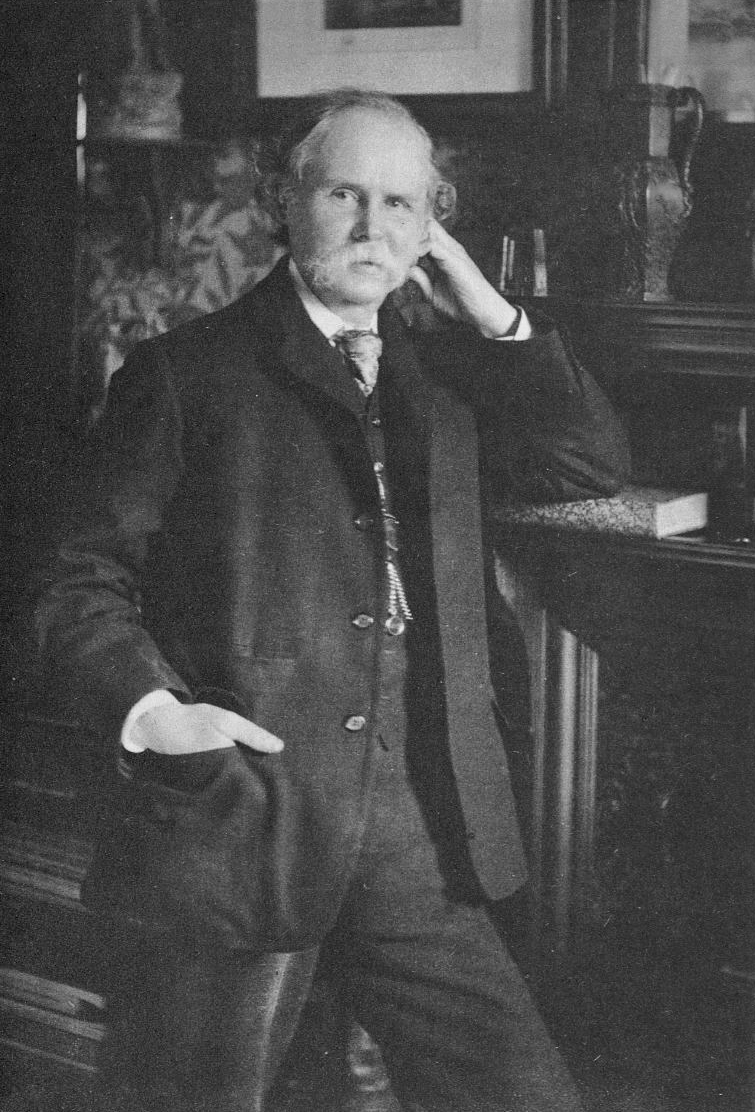
Alfred Marshall
Alfred Marshall (1842-1924) was a British economist whose work laid the foundations for modern microeconomic theory. He is best known for his influential book 'Principles of Economics,' published in 1890, which introduced key concepts such as price elasticity of demand and consumer surplus. Marshall's emphasis on the importance of supply and demand curves helped to formalize economic analysis, making it more rigorous and mathematical. He also recognized the role of time in economic processes and influenced later economists with his ideas about welfare economics and the relationship between economics and biology. His vision of an 'economics as a biological science' sought to incorporate dynamic human behavior into economic theory, foreshadowing modern developments in behavioral economics.
Born on Jul 26, 1842 (183 years old)
Global Media Ratings
Countries Mentioned
No country-level mention data available.
Interactive World Map
Each country's color is based on "Mentions" from the table above.
Recent Mentions
 Liechtenstein:
Inspired by the theories of Alfred Marshall, many saw the entrepreneur as a differentiated being willing to take risks.
6
Liechtenstein:
Inspired by the theories of Alfred Marshall, many saw the entrepreneur as a differentiated being willing to take risks.
6
 Peru:
Alfred Marshall is noted for formalizing the laws of behavior discovered by Adam Smith.
8
Peru:
Alfred Marshall is noted for formalizing the laws of behavior discovered by Adam Smith.
8
